Sudan Army's Strategic Reclaiming of Presidential Palace Marks Turning Point in Ongoing Conflict
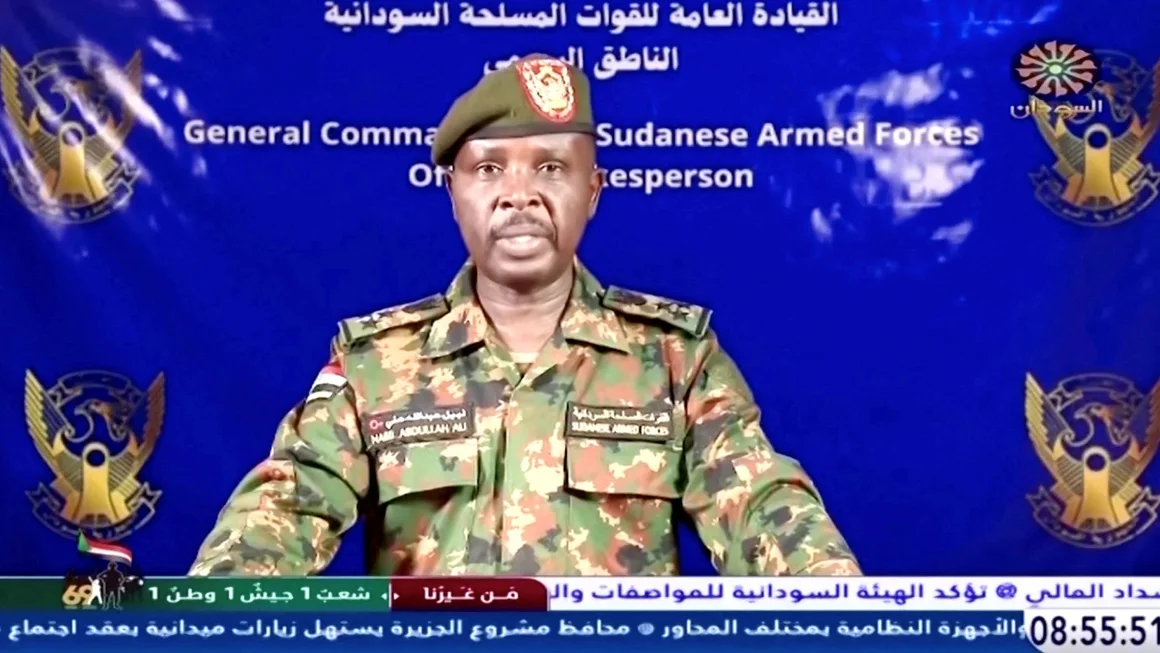
In a pivotal development in the ongoing conflict in Sudan, the Sudanese Armed Forces (SAF) have successfully reclaimed the Presidential Palace in Khartoum, signaling a significant step in their efforts to regain control of the capital from the paramilitary Rapid Support Forces (RSF).
Since fighting erupted in April 2023, the SAF and RSF have been locked in a brutal struggle for dominance, leading to one of the most pressing humanitarian crises in the world. According to the Armed Conflict Location and Event Data initiative, the conflict has claimed over 28,000 lives and forced 11 million people to flee their homes.
On Friday, government sources announced that SAF troops had taken control of the Presidential Palace, vowing to push forward until the capital is fully secured. "Today the flag is raised, the palace is back, and the journey continues until victory is complete," stated Information Minister Khalid Al-Aiser on X.
The Sudanese Justice Ministry celebrated the reclamation as a vital restoration of “national sovereignty,” while human rights activists noted the significance of this victory for displaced persons. Activist Hala Al-Karib remarked, “It is quite significant for SAF and central and north Sudanese possibilities of IDPs return,” though challenges regarding the governance of Sudan and future political processes remain contentious.
Videos and images circulated on social media showed SAF troops jubilantly celebrating their victory. A military spokesperson claimed that the forces had decisively defeated RSF personnel, seizing a substantial cache of weapons and equipment during the operation.
However, the RSF issued a statement on Telegram declaring that the battle for the Republican Palace was far from over, asserting that their forces had conducted successful military operations in the area. Reports also surfaced of drone strikes targeting the palace, resulting in casualties among soldiers and state broadcaster journalists.
Despite the SAF's latest gains, parts of Khartoum remain under RSF control, with the militia extending its influence over various regions, including western and southern Sudan, where ethnic violence has surged. The SAF dominates the eastern and northern territories.
The retaking of Khartoum holds symbolic importance for the SAF, especially as the RSF had initiated efforts to establish an alternative government. Yet, this military advance comes at a terrible cost to civilians, who continue to be victims of the violence. A United Nations Human Rights Office spokesperson reported that numerous civilians and local humanitarian volunteers have fallen due to artillery and aerial attacks in the area.
Both warring factions face accusations of war crimes. The United States labeled the RSF's actions as genocidal earlier this year, marking the second instance of such an accusation in two decades. Recent UNICEF reports have also implicated the SAF in horrific atrocities, including sexual violence against young children.
“Credible reports indicate that the RSF and allied militia have raided homes in eastern Khartoum, carrying out summary killings and arbitrary detentions,” said Seif Magango, stressing the dire need for accountability and humanitarian aid amid the ongoing conflict.



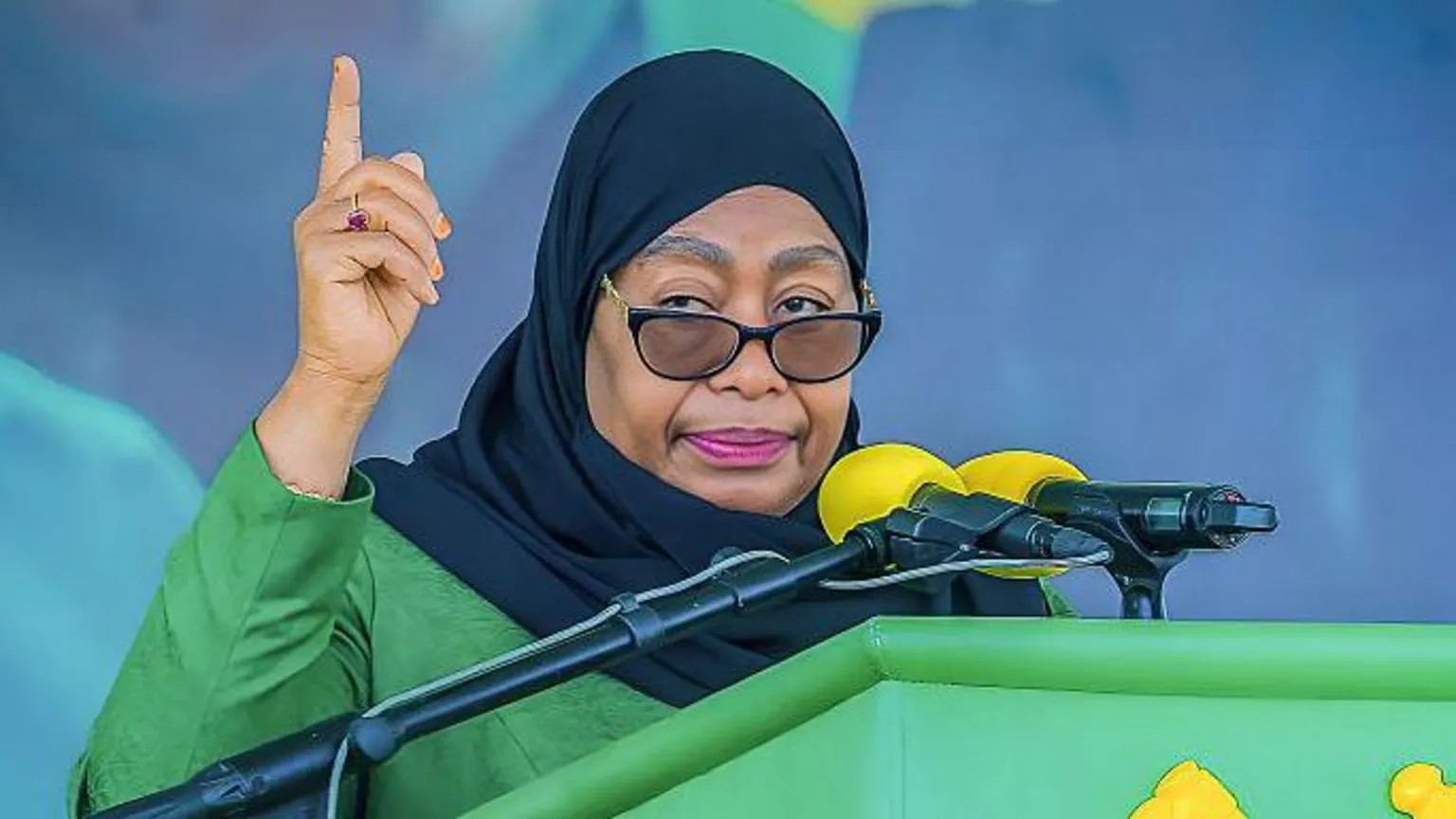
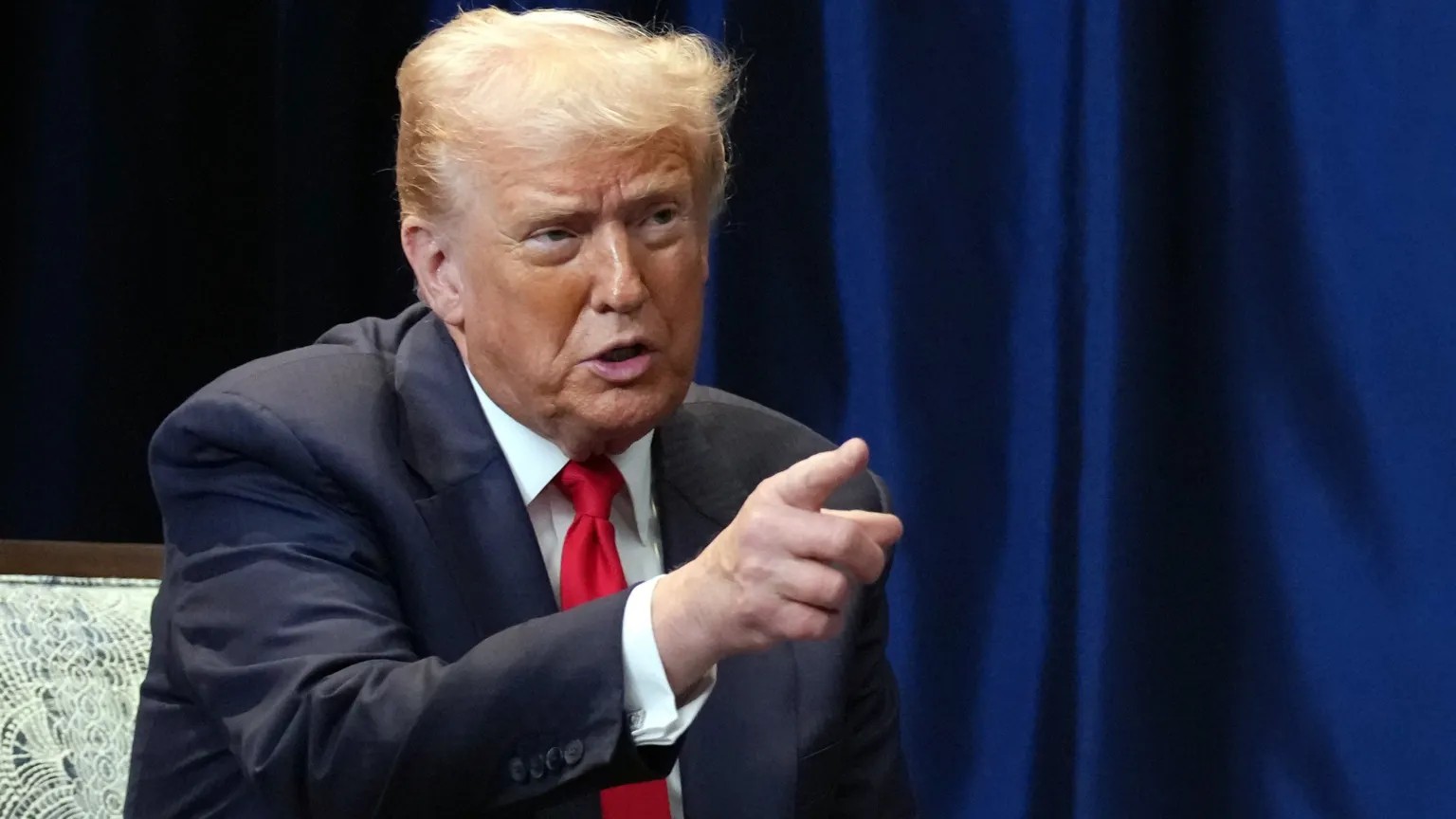
.jpeg)
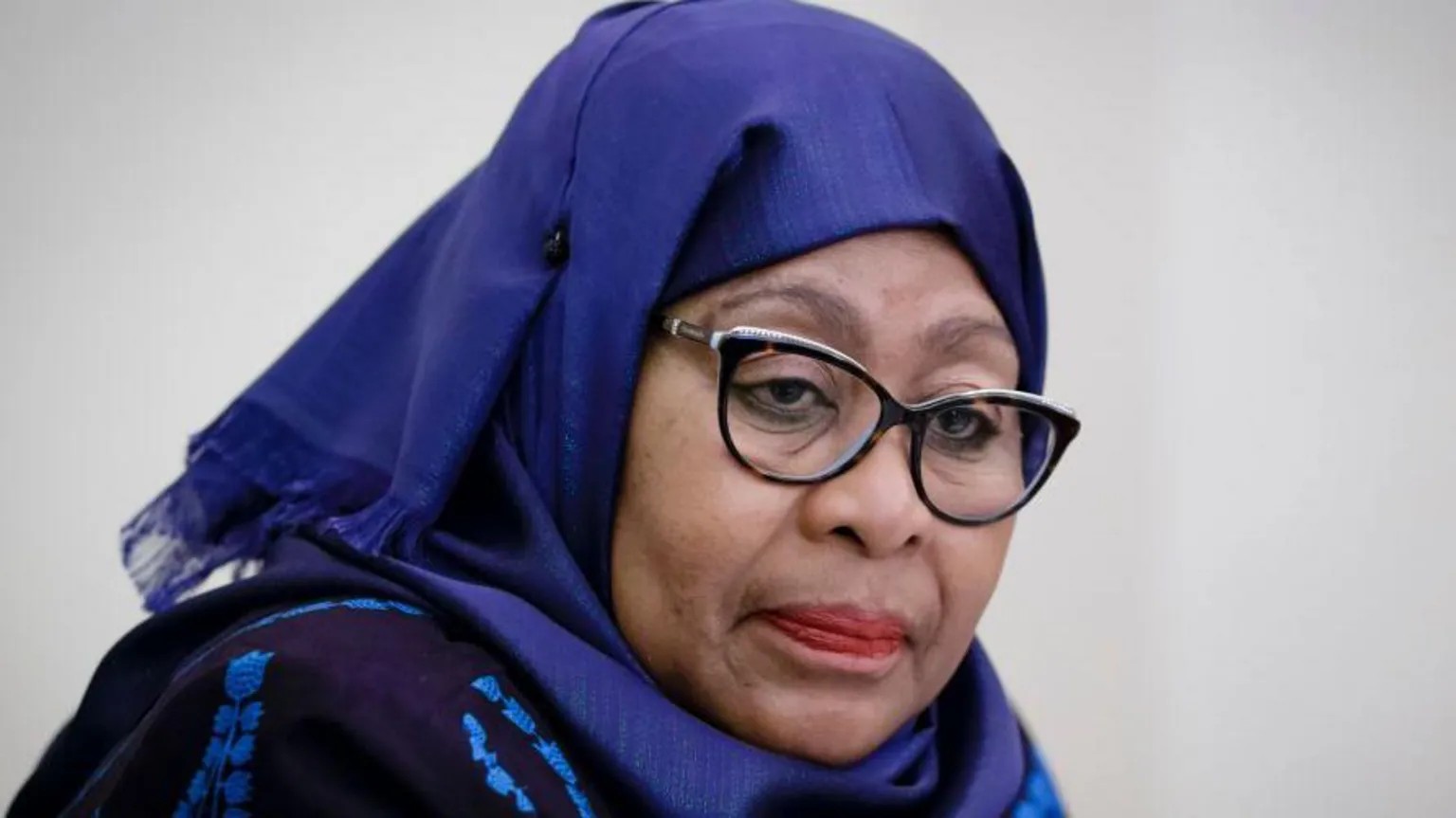
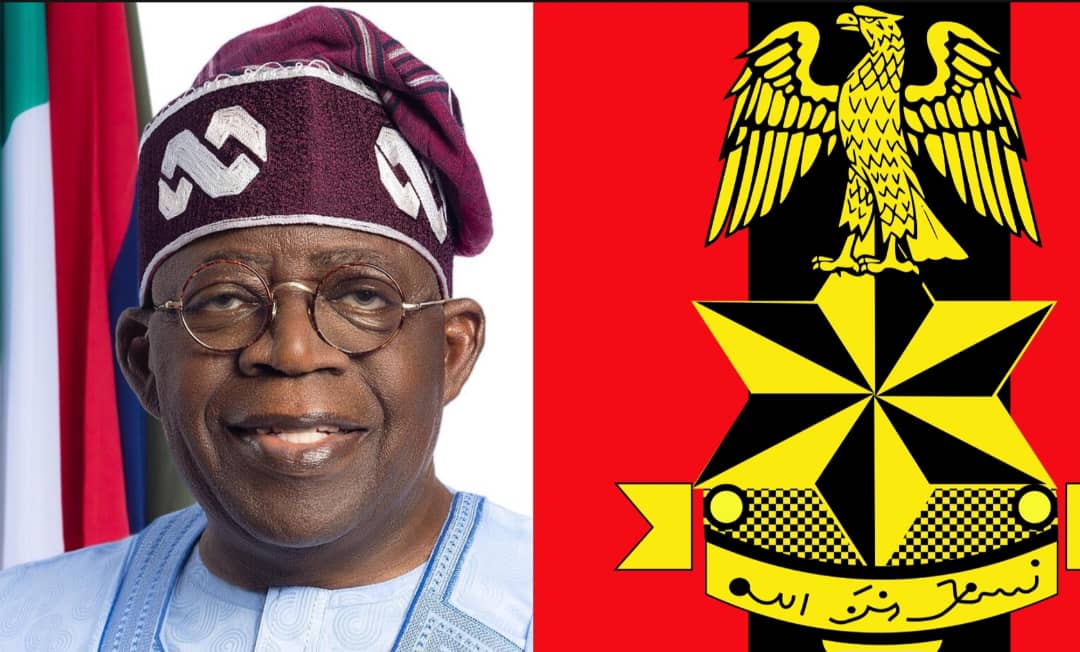
.jpeg)
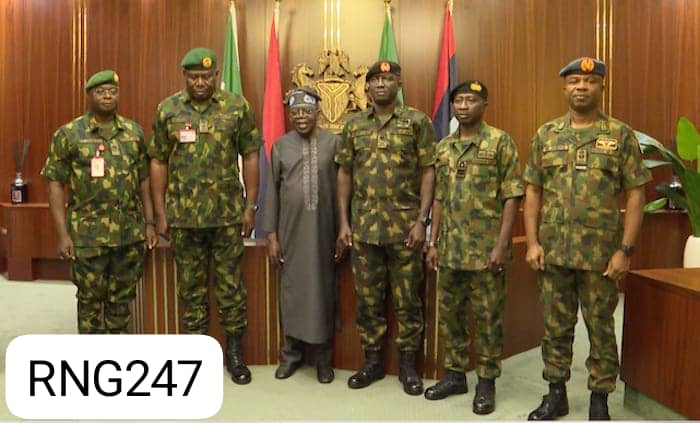
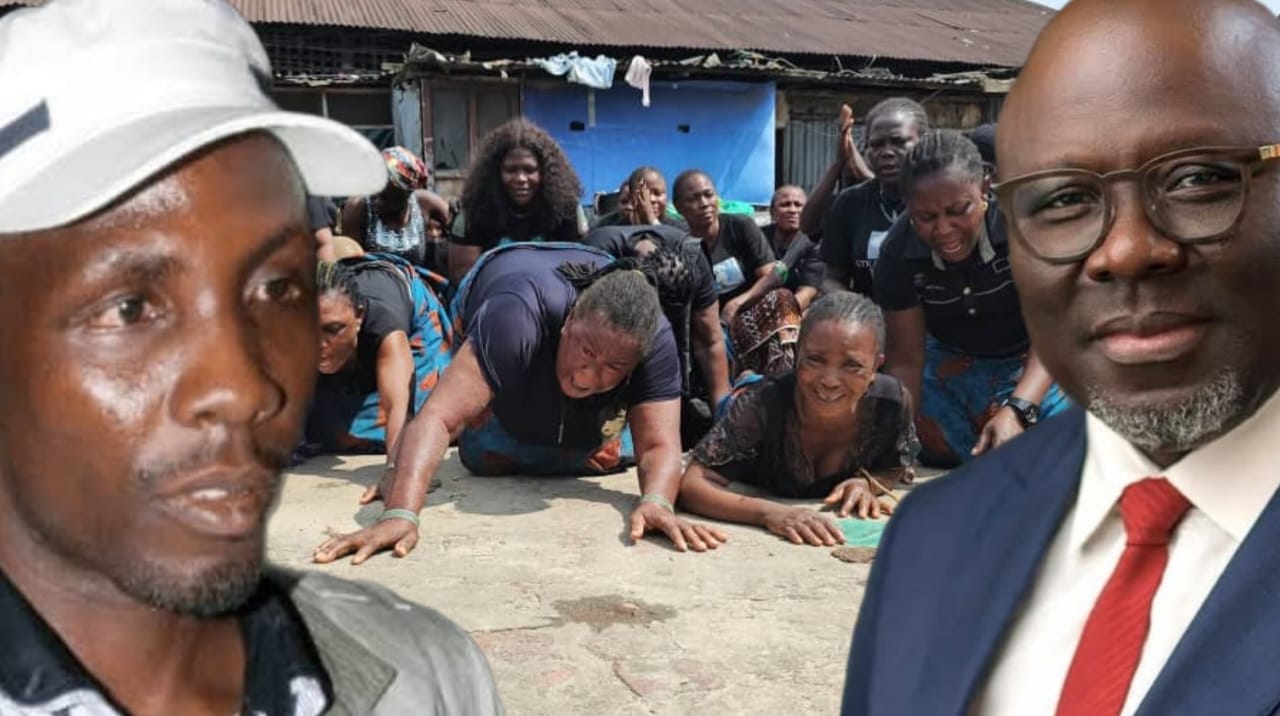
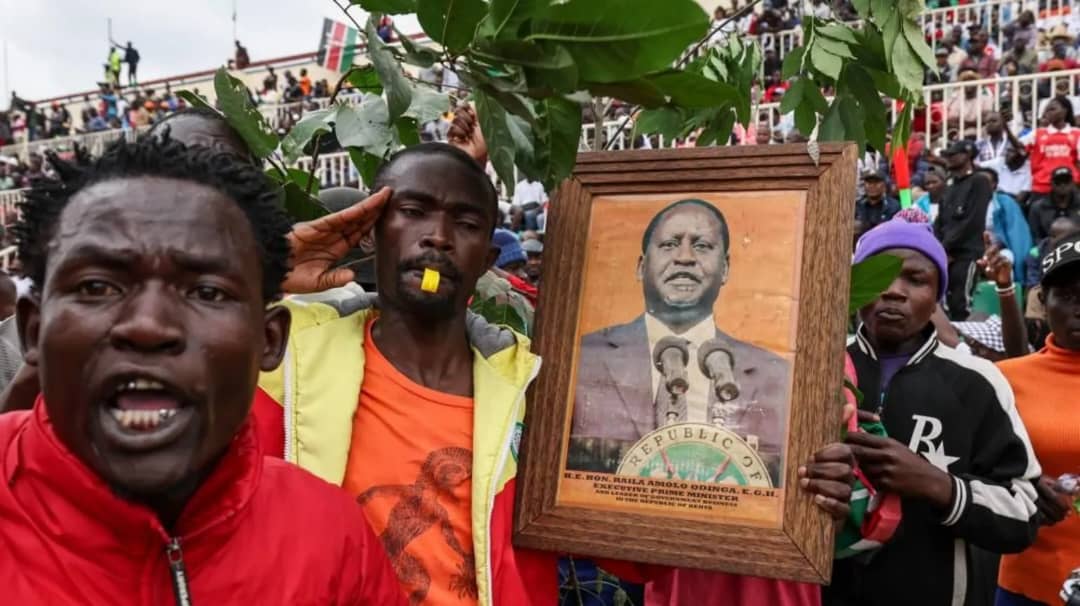
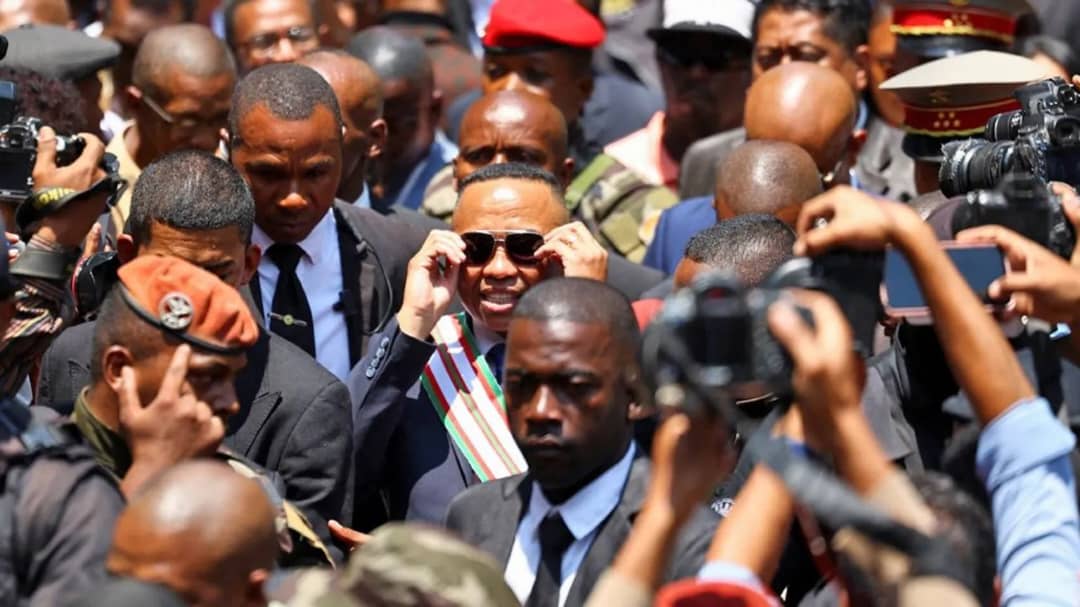
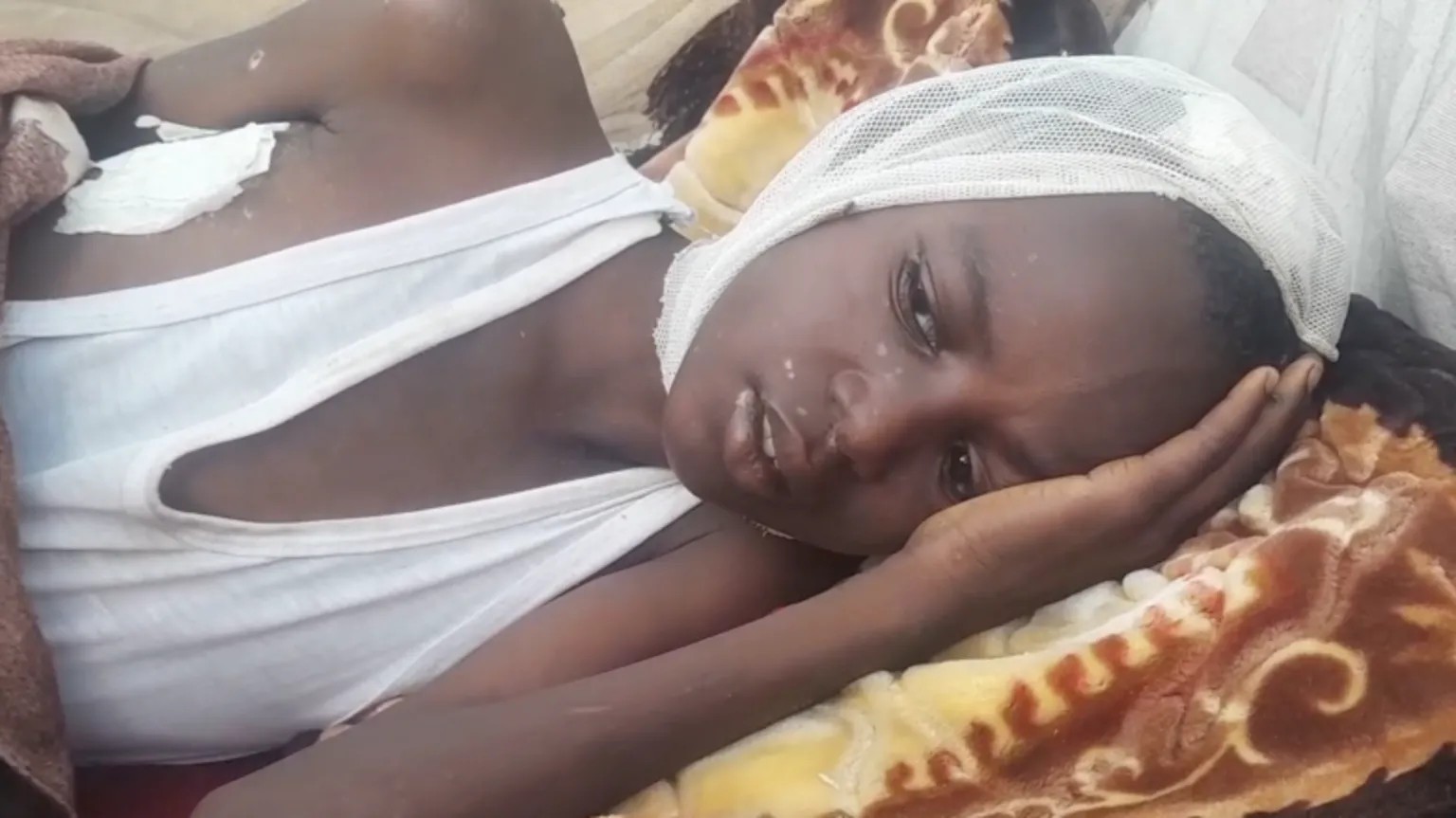
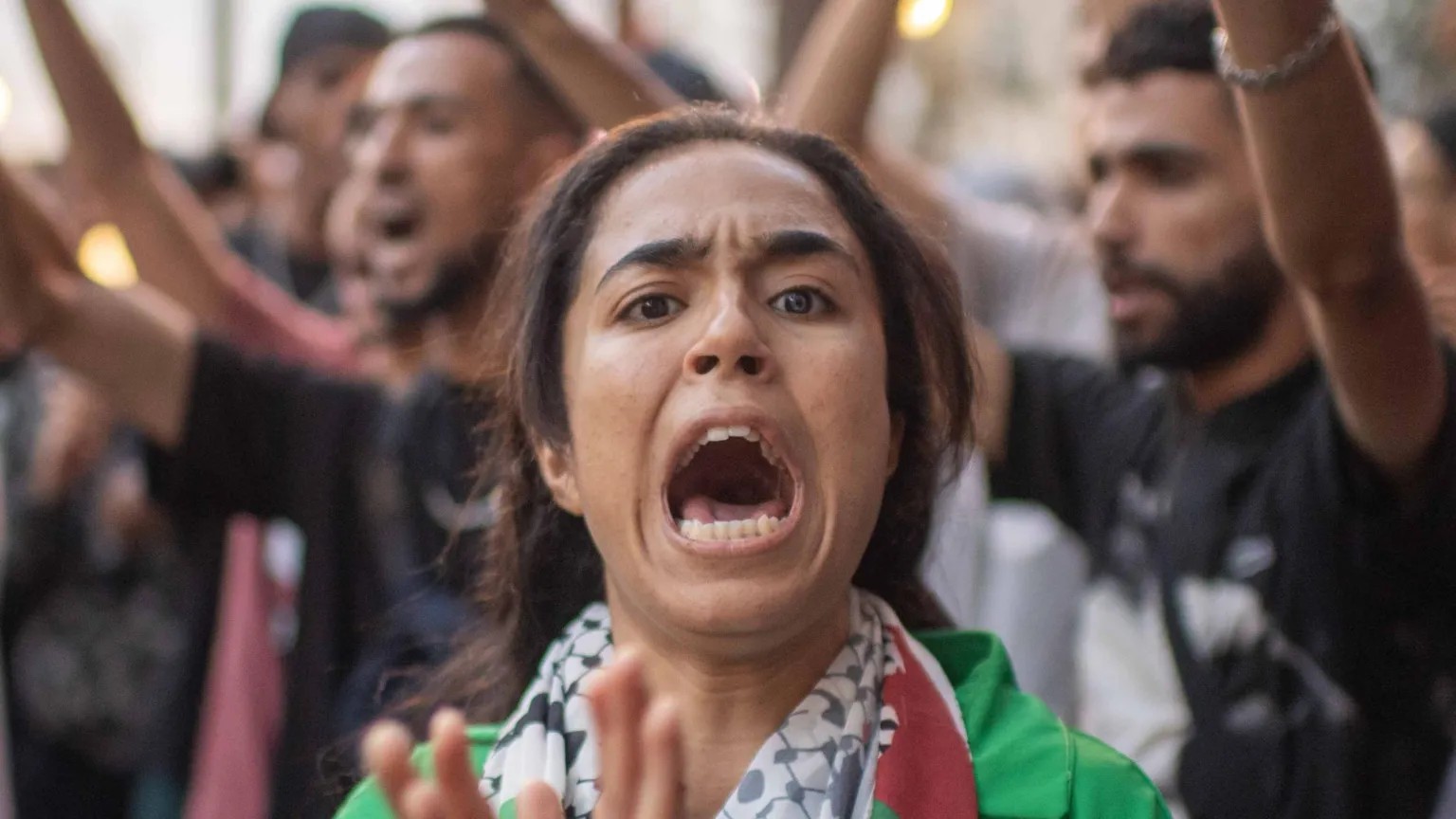

0 Comment(s)